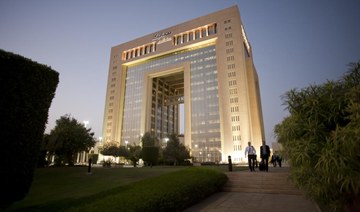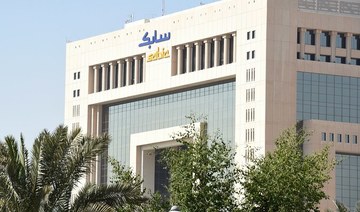RIYADH: Saudi Arabia’s e-commerce landscape is expanding rapidly, with 53 percent of customers in the Kingdom looking to boost their online spending in the next 12 months, a survey showed.
According to a report released by UK-based tech firm checkout.com, the number of consumers in Saudi Arabia who shop regularly on e-commerce platforms has increased by 180 percent in the past four years, signifying the growing digital marketplace in the Kingdom.
Moreover, the analysis found a 90 percent surge in individuals making online purchases at least once a day since 2020.
“Amidst an era marked by swift digital transformation, Saudi Arabia’s digital payments ecosystem has demonstrated exceptional growth, while Saudi consumers continue to be increasingly enthusiastic about online shopping demonstrated by an impressive 180 percent increase in monthly e-commerce shoppers since 2020,” said checkout.com in the analysis.
It added: “This year’s report highlights that over half of Saudi consumers (53 percent) are looking to boost their online spending in the next 12 months. This optimistic outlook reflects the digital economy’s resilience and the still untapped growth potential in Saudi Arabia.”
Highlighting the growth of digital payments in the Kingdom, the study noted that consumers preferring cash on delivery for online purchases declined by 66 percent since 2020.
The report also revealed that 75 percent of online shoppers in Saudi Arabia indicated they would opt for card payments if the cash on delivery option is unavailable.
“This transition is primarily propelled by consumers’ increasing prioritization of payment security. It also reflects a broader trust in and acceptance of digital payments, aligning with trends observed across the MENA region,” added checkout.com.
From a regional perspective, the report underscored the fast adoption of digital payments by consumers in the Middle East and North Africa, with the overall volume of transactions in the region growing nearly sevenfold at 678 percent since 2020.
Earlier this month, a study released by management consulting company Arthur D. Little suggested that Saudi Arabia’s fintech sector has made significant strides as it nears its goal to become a regional financial hub.
“Saudi Arabia has embarked on a journey to transform society to be less dependent on cash transactions,” said the firm in its report.
In April, a separate analysis released by UK-based data analytics company GlobalData projected that cashless payments in Saudi Arabia are expected to surge by 7.6 percent in 2024 to SR550 billion ($146.8 billion).
GlobalData also noted that the Saudi card payments market will grow at an annual rate of 6.4 percent between 2024 and 2028 to reach SR705.2 billion.






















